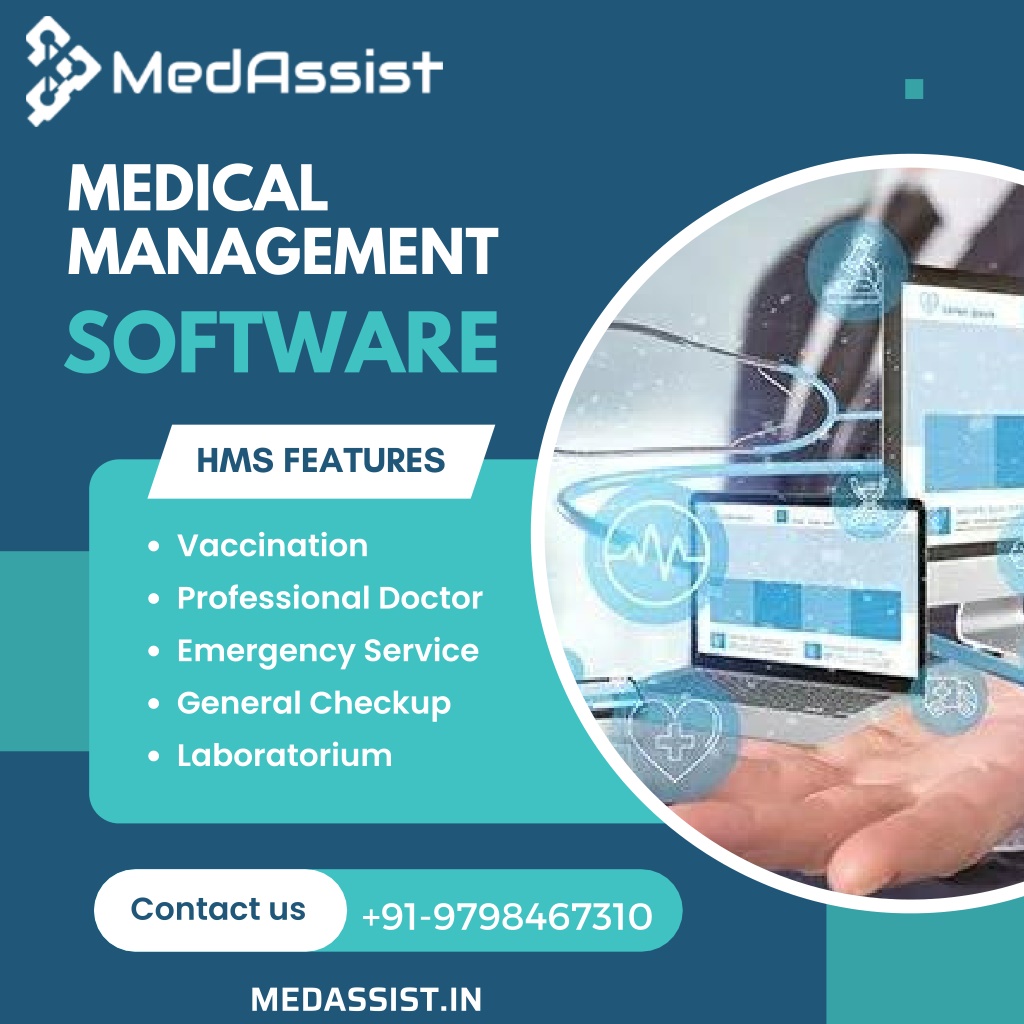In the current fast-changing healthcare landscape, the integration of technology has turned into crucial for enhancing patient outcomes and operational efficiency. Amongst the innovations making a significant impact is healthcare management software, a robust tool that optimizes various processes within healthcare organizations. This software not only supports better patient care but also improves administrative efficiency, finally transforming the way healthcare is provided.
As healthcare providers work to meet the rising demands for high-quality services while managing costs, medical management software emerges as a crucial solution. By simplifying scheduling, billing, and patient record management, it permits medical professionals to focus more on patient interactions rather than administrative tasks. The ability of medical management software to foster improvement in healthcare is enormous, paving the way for a more responsive and patient-centered system.
Key Features of Medical Management Software
Medical management systems offers a range of features designed to streamline operations and improve patient care across medical settings. One of the primary features is customer scheduling, which allows healthcare providers to effectively manage appointments, minimize wait times, and optimize the use of available resources. This feature often includes alerts and notifications for both patients and staff, ensuring improved attendance rates and streamlined workflow.
Another crucial feature is digital health records (EHR) connections, which consolidates patient information and makes it readily accessible to authorized healthcare professionals. This connection not only improves better communication among providers but also boosts the accuracy of patient data. EHR systems can also support clinical decision-making by providing insights and alerts about patient records, allergies, and medications, leading to improved care quality and safety.
Additionally, medical management software often has billing and coding capabilities that simplify the financial tasks within a medical facility. These features simplify the generation of invoices and ease the submission of insurance claims, minimizing administrative burdens and minimizing errors. By simplifying financial operations, healthcare providers can concentrate on patient care and less on paperwork, ultimately contributing to a better healthcare system.
Advantages for Healthcare Providers
Healthcare management systems enables medical professionals by simplifying administrative processes, allowing them to concentrate on caring for patients. With features like appointment setting, invoicing, and electronic health record management, providers can reduce the time spent on paperwork and other standard procedures. This efficiency not only boosts productivity but also improves the overall experience of patients by reducing wait times and ensuring easier access to health information.
A major advantage is the ability to improve collaboration and interaction among medical teams. Medical management software often features tools for secure messaging and information sharing, allowing providers to work together on patient care effectively. This improved communication leads to superior treatment outcomes as all participants of the medical team are up to date and aligned in their strategy to patient management.
Additionally, the analytical capabilities of medical management software offer medical professionals with important insights into groups of patients and service performance. By examining trends and outcomes, clinics and hospitals can make informed decisions that enhance service delivery. This analytics-based approach is essential for identifying areas for improvement, ultimately boosting the quality of care provided to clients.
Emerging Innovations in Clinical Administration Software

As the healthcare industry continues to advance, the future of healthcare management systems looks promising with the heightened adoption of artificial intelligence and ML. medicloudmed.ch will enhance data analysis capabilities, enabling medical practitioners to make better decisions based on current data. Advanced analytics will allow for better results through early intervention and personalized treatment strategies tailored to an patient's specific preferences.
Another development is the increasing emphasis on integration among various healthcare software. The capability to easily exchange details across multiple platforms will improve coordination of care, reduce redundant testing, and enhance the overall satisfaction of patients. Medical practitioners will be better equipped to access complete patient histories and collaborate more effectively, leading to a holistic approach to healthcare delivery.
Additionally, the growth of telehealth rise will further influence the future of healthcare software landscape. As more patients seek remote consultations, technology solutions will need to evolve to support remote observation, appointment management, and subsequent care. The integration of safe communication channels and user-friendly interfaces will be essential in fostering involvement of patients and satisfaction, ensuring that healthcare remains attainable regardless of where patients are located.
